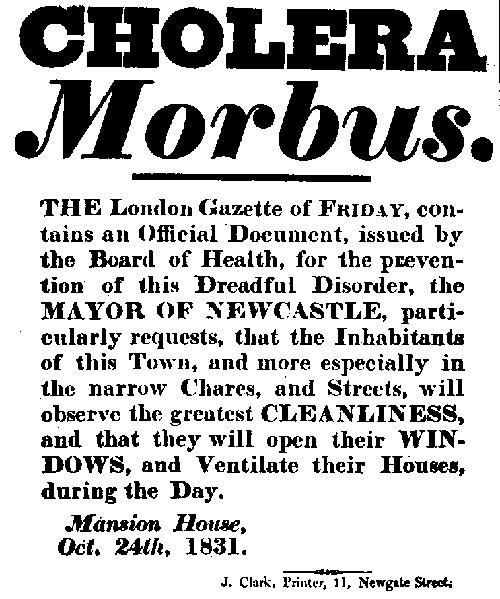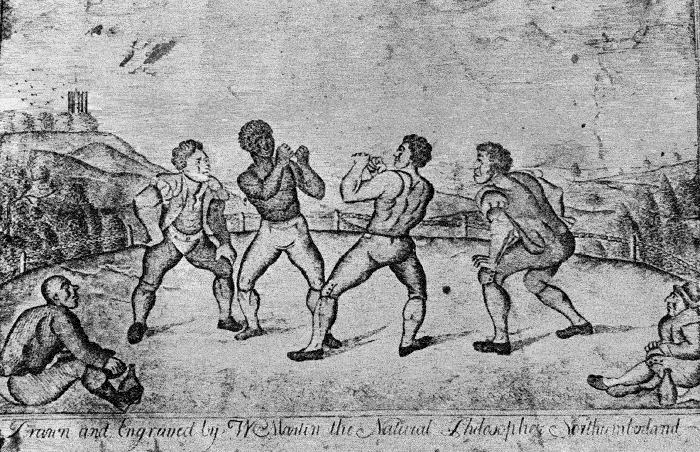
"The Band" Glen Miller Accordion, Chris Ormston Northumbrian Pipes & Gary Miller Songwriter/Guitar

New for 2017
'Mad Martins' Limited Deluxe Edition Triple CD/Download (Release 31st March 2017)
Gary Miller, Keith Armstrong and musicians commemoration of the lives of the Martin Brothers in words, music and song with 100 page book format packaging of the lyrics, texts and pictures
Details & Ordering:- Previews
Gary Miller promotional Video:- Gary
For some years North of England based poet Keith Armstrong has been writing and performing poetry inspired by the lives of John Martin's relatives. Amongst his performances Keith was at Hexham Abbey in 1989 and later at a presentation in Haydon Bridge, Martin's Birthplace. This latter event was attended by some of the descendants of John Martin.
On this occasion his narrative was joined by brothers Gary and Glen Miller of the cult Folk/Rock band "The Whisky Priests" together with the virtuoso Northumbrian Small pipes of Chris Ormston. The evening was based around the insanity of the Martin brothers hence the collective programme title "Mad Martins".
Most of the songs were new for this event and written, played and sung by guitarist Gary ably accompanied by Glen's accordion. Their generally boisterous style was reminiscent of "The Pogues" but this was finely offset by the brilliant, ethereal sound of Chris Ormston's pipes. Most of the pipe tunes were composed by the Martins' contemporary Northumbrian "William Vickers".


The first half of the performance concentrated on William Martin "Natural Philosopher", the eldest of the brothers, from Tow House, Bardon Mill, Northumberland. He was said to be Tynedale's own answer to "William McGonagall" a composer of equally suspect verse. William frequented Newcastle upon Tyne for most of his life and published pamphlets on many topics. (His madness was reflected in his headgear which he wore about town; a tortoise shell!) Some of William's verse was read by Keith Armstrong which bemused the audience somewhat by its content. This was followed by the musicians rendition of the lively "Three Mad Martins" by Glen Miller. In contrast followed the first pipe tune from the pen of William Vickers and the audience settled into a most appreciative mood.
A further song "In Dreamtime" was followed by by Keith Armstrong's recitation of the William Martin "Cure for Cholera", the scourge of the 1800's prior to clean water supplies. The ingredients included mustard and several layers of hot blankets but cannot be recommended.

William was also a great originator of inventions including a set of scales using springs and an indicator dial, a coal waggon trackway, flexible ship, a bridge system for railway and carriageway (allegedly later used by Robert Stephenson for the Newcastle "High Level Bridge") and an excellent miner's lamp. However, he was over the top with one less sane idea for a "Mechanical Dandy Horse" and this was echoed by the musician's next song "The Travelling Mechanical Horse".
Keith then read examples of William's letter writing (which would have been the envy of Prince Charles). The first was to the government and concerned an apparent shortage in the whale population of the time. William explained how these had somehow migrated under the polar ice cap. The second, to the Duke of Wellington, required the repeal of the Corn Laws.

This was followed by another song "William you were really something" amazingly performed in the style of "The Smiths"!

The second half of the performance initially featured Jonathan Martin and his hatred of the sybaritic "beef eating" clergy of the day. This lead him to attempt to burn down York Minster on 1 February 1829. Keith Armstrong read a scathing but amusing note left by Jonathan on the minster door on this occasion. This introduced the band's previously best known song with Keith's narration, "The Ballard of the Incendiary". This had caused a stir amongst the listeners when performed on BBC Radio York!
Following this, poor Jonathan had made his escape to Codlaw Hill, near Hexham, but was finally caught and ended his days, declared insane, in Bedlam. This detention was the subject of the next song "Madhouse Martin" from the Miller Brothers.


The final brother to receive the performer's attention was John. It is, arguably, quite unfair to include John in the category of "mad". He was certainly altruistic and took responsibility, both morally and financially, for the more eccentric members of the clan. He was also very famous and the sobriquet "Mad Martin" was mis-applied to him as a result of confusion of his name with arsonist Jonathan. The John-inspired poetry readings included "Lightning Strikes and Fire", "Mr. Facing Both Ways" and "John Martin, That's Me". The latter, somewhat unkindly, implied a great egocentricity in Martin's character. However, all this material was cleverly conceived and very well appreciated by the audience.
A fine song for Martin's long suffering wife Susan followed "The Paint and the Pain". Then a reading from a section of "Martin's Diaries" written by Keith Armstrong excellently presented the master in subdued vein.
A more humorous song illustrated John's efforts to clean up the "stink" of London and the menace of Cholera with his grandiose plans for drainage interceptors with "The Sewage Song", a favourite with the listeners.
The paintings of John Martin now received attention. A poem by Keith entitled "The Plains of Heaven", one of the Last Judgement works from 1853 and his last years, reflected this biblical theme. Gary Miller then performed a song with narrative "Sadak in Search of the Waters of Oblivion". This tells of Sadak striving to climb an immense waterfall in his search prior to his death under the torrent. This was, for me, the very best of the evening's songs. The emotion which this landscape projects had clearly affected the song writer. This percolated through in the lyric and the voice which was much better suited to this spoken and singing format. A very fine experience indeed.
The last reading was the retrospective "A letter from the Isle of Man to the Public" perhaps from Martin's death bed. The performance finished with a flourish as it started with "Three Mad Martins". An encore of "The Ballad of the Incendiary" followed the audience appreciation of the evening's entertainment.
This was a worthy and entertaining compilation which will benefit from a little further professional polish. For anyone with an interest in the Martin story, it is not to be missed. There was no mention of remaining brother Richard which is an omission. Little is known about him but there is some of his verse to investigate. However, this is no distraction from a most enjoyable event in this format with all the participants, not forgetting Chris Ormston's pipes, making a night to remember. Congratulations to the "Mad Martins".
HS
The 'Mad Martins' also at 'Riverlines', The Basement Bar, Coney Street, York 17th July 2003. For information regarding possible future performances and venues please contact Keith Armstrong directly.
Click the links to find out more about: